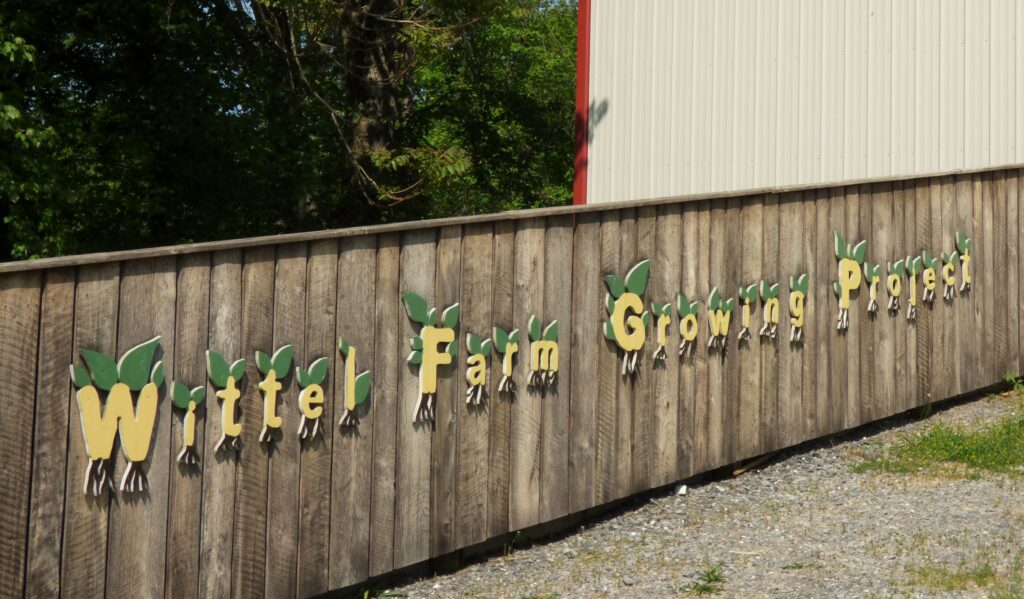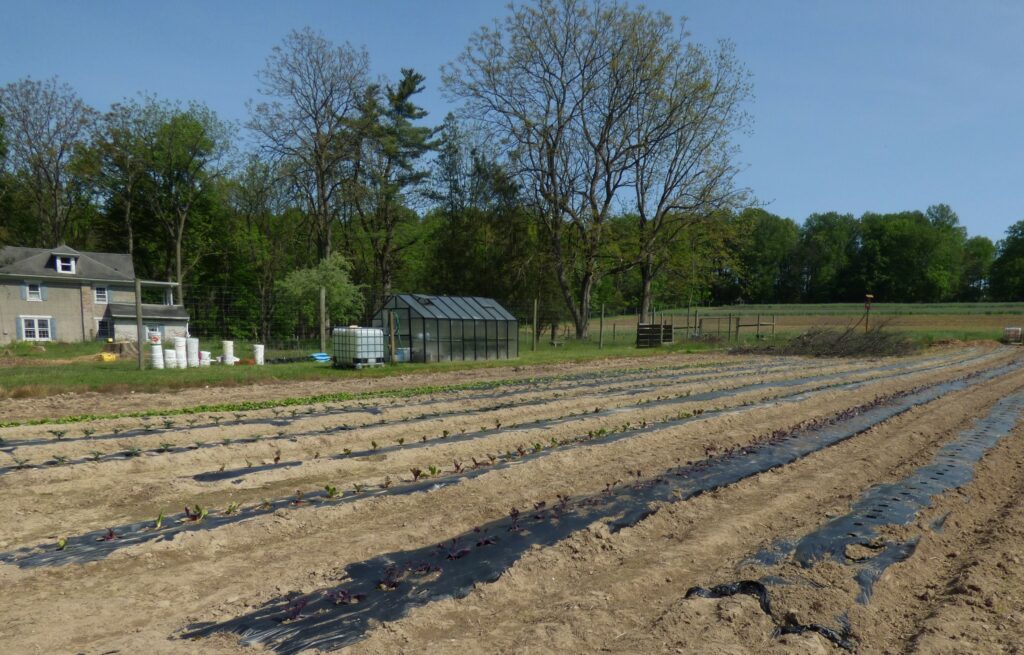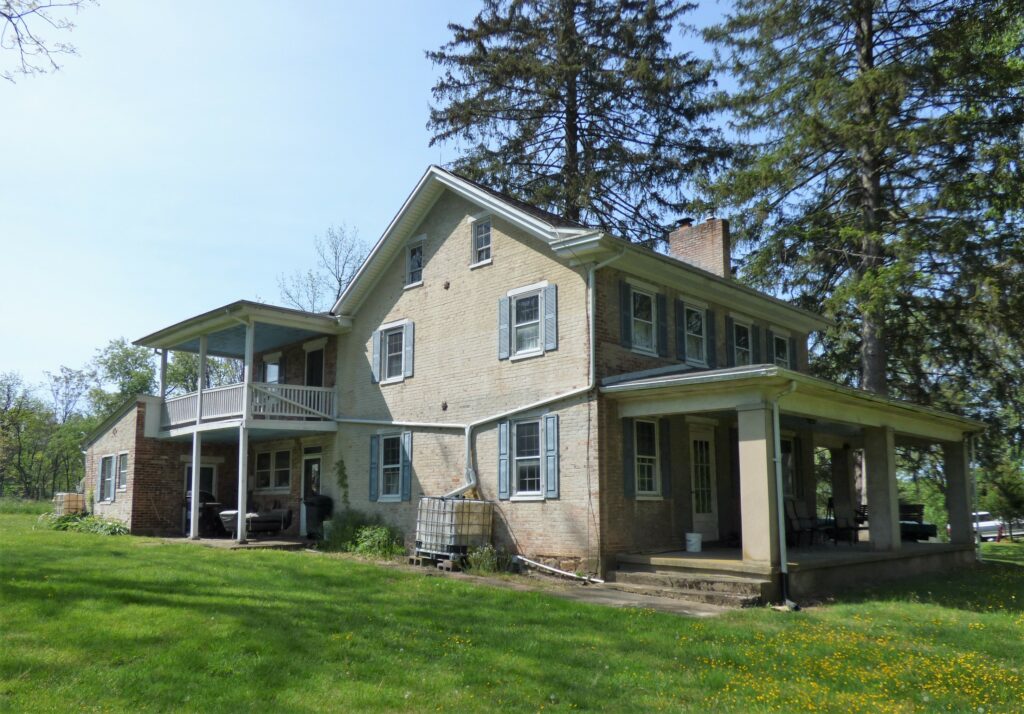The Wittel Farm is doing a lot to produce food for local communities and support principles of sustainable ecology.
The farm, an 85-acre property near Elizabethtown, is owned by the Lutheran Camping Corp. of Central Pennsylvania. Hundreds of volunteers visit each year to help plant, tend and harvest crops. The Rev. Matt Lenahan, pastor of Zion Lutheran Church in Akron, is the project director; harvested crops are donated through a partnership with the Hunger-Free Lancaster County coalition.
The Wittel family entrusted the property to the church organization in the 1980s. In 2021, it officially became one of the county’s preserved farms through the auspices of the Lancaster Farmland Trust.
It has about 40 acres of tillable farmland, of which about 7 acres are being cultivated currently. Lenahan estimated that the farm generates 15,000 to 20,000 pounds of food annually.
“Mostly it’s about bringing kids here, getting their hands in the dirt,” he said.
“We live in a nonstop 24/7/365 consumer culture. … I want the farm to be a place where people come to have (a different) experience.”

Sustainable agriculture
Showing off the farm to a reporter recently, Lenahan pointed to nests of cellophane ground nesting bees.
“It’s a good sign to us that what we’re doing here is ecologically helpful,” he said. “The entire native bee population is under threat.”
The farm has an orchard of native trees, as well as areas with clover, Kentucky bluegrass and rye, and clusters of blueberry and elderberry bushes further toward its border.
Near the farmhouse, hundreds of seedlings sat on a wagon, waiting to be placed in the soil. Lenahan explained that rotating crop production allows the land to fare better over the years.

In April, he was part of a panel discussion on sustainability at the Lancaster County Climate Summit, where he outlined some of Wittel Farm’s efforts to promote sustainability and climate resilience.
“We’re really focusing on cover crops and crop rotation,” he said.
The other main component of the farm’s mission is providing healthy food to area residents. It supplies food banks at a number of organizations, including Water Street Mission and Blessings of Hope.
“Food insecurity is a solvable problem,” Lenahan said. “What it requires is people who are willing to collaborate and engage in food production.”
Lenahan said all of us are in some way “food dependents” because of our estrangement from natural agrarian practices and even bartering systems. Today, most people have the mentality that food comes from the supermarket.

Farmers and local communities are trying to change that thinking, with farm-to-table initiatives and other new agriculture trends that bring food production alternatives more into the public eye.
The farmhouse at Wittel Farm dates to 1786. Adjacent to it is a barn where the church organization has installed a large walk-in cooler, made possible thanks to a 2021 grant from the Central Pennsylvania Food Bank.
The barn can accommodate the cooler thanks to a 2010 renovation that included wiring it for electricity. Lenahan said the refrigeration capacity is invaluable, allowing harvested produce to be stored until it can be distributed.
“It was such a tremendous difference for us,” he said.
Getting people involved
The farm has one part-time adult staff member and two college students working part-time, as well as a large number of volunteers.
Some groups use the site for overnight camping or events. The farmhouse, dubbed the “House of Prayer,” serves as a retreat center. A pavilion with a bathroom and cooking facilities is planned on the property, funded by a church grant of $98,000.
Many of the farm’s visitors, Lenahan said, are from local schools and colleges, including Franklin & Marshall College, Elizabethtown College, Millersville University and the Linden Hall School.
“We really want to become more of an educational farm where people come to learn about vegetable production, vegetable growing, soil health and composting,” Lenahan said.
“I think we should all have some skin in the game when it comes to food, beyond just our wallets.”






